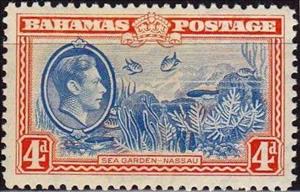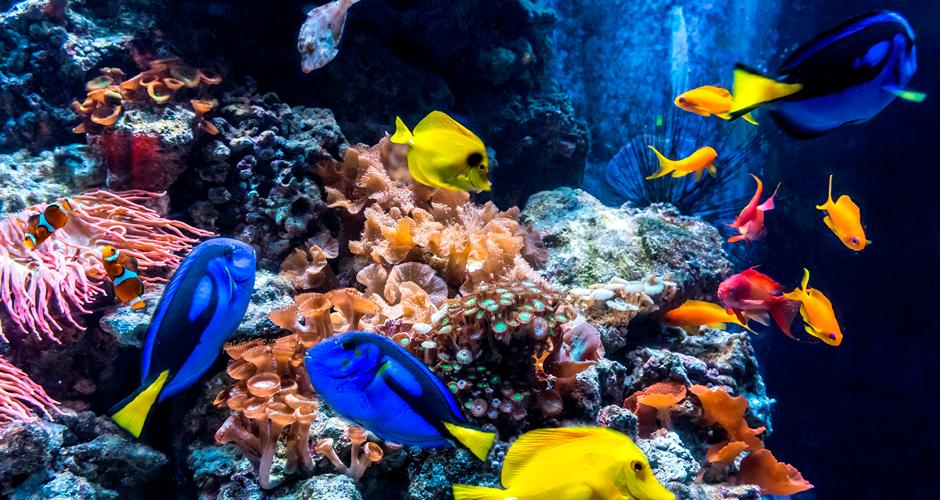Stamp: Sea Garden, Nassau (Bahamas 1938)
Sea Garden, Nassau (Bahamas 1938)
01 January (Bahamas ) within release Definitives goes into circulation Stamp Sea Garden, Nassau face value 4 British penny
| Stamp Sea Garden, Nassau in catalogues | |
|---|---|
| Michel: | Mi:BS 113 |
| Stamp Number: | Sn:BS 106 |
Stamp is square format.
Also in the issue Definitives:
- Stamp - King George VI face value ½;
- Stamp - King George VI face value 1;
- Stamp - King George VI face value 2;
- Stamp - King George VI face value 2½;
- Stamp - King George VI face value 3;
- Stamp - Sea Garden, Nassau face value 4;
- Stamp - Definitives face value 6;
- Stamp - Carribean Flamingo (Phoenicopterus ruber) face value 8;
- Stamp - King George VI face value 1;
- Stamp - King George VI face value 5;
|
Data entry completed
56%
|
|
|---|---|
| Stamp Sea Garden, Nassau in digits | |
| Country: | Bahamas |
| Date: | 1938-01-01 |
| Print: | Recess |
| Perforation: | line 12½ |
| Emission: | Definitive |
| Format: | Stamp |
| Face Value: | 4 British penny |
Stamp Sea Garden, Nassau it reflects the thematic directions:
A head of state (or chief of state) is the public persona that officially represents the national unity and legitimacy of a sovereign state. In some countries, the head of state is a ceremonial figurehead with limited or no executive power, while in others, the head of state is also the head of government. In countries with parliamentary governments, the head of state is typically a ceremonial figurehead that does not actually guide day-to-day government activities and may not be empowered to exercise any kind of secular political authority (e.g., Queen Elizabeth II as Head of the Commonwealth). In countries where the head of state is also the head of government, the president serves as both a public figurehead and the actual highest ranking political leader who oversees the executive branch (e.g., the President of the United States).
Marine life, or sea life or ocean life, refers to the plants, animals and other organisms that live in the salt water of the sea or ocean, or the brackish water of coastal estuaries. At a fundamental level, marine life helps determine the very nature of our planet. Marine organisms produce much of the oxygen we breathe. Shorelines are in part shaped and protected by marine life, and some marine organisms even help create new land. Altogether there are 230,000 documented marine species, including over 16,000 species of fish, and it has been estimated that nearly two million marine species are yet to be documented. Marine species range in size from the microscopic, including plankton and phytoplankton which can be as small as 0.02 micrometres, to huge cetaceans (whales, dolphins and porpoises) which in the case of the blue whale reach up to 33 metres (109 feet) in length, being the largest known animal.
King is the title given to a male monarch in a variety of contexts. The female equivalent is queen regnant (while the title of queen on its own usually refers to the consort of a king). In the context of prehistory, antiquity and contemporary indigenous peoples, the title may refer to tribal kingship. Germanic kingship is cognate with Indo-European traditions of tribal rulership (c.f. Indic rājan, Gothic reiks, and Old Irish rí, etc.) In the context of classical antiquity, king may translate Latin rex or either Greek archon or basileus. In classical European feudalism, the title of king as the ruler of a kingdom is understood as the highest rank in the feudal order, potentially subject, at least nominally, only to an emperor (harking back to the client kings of the Roman Empire). In a modern context, the title may refer to the ruler of one of a number of modern monarchies (either absolute or constitutional). The title of king is used alongside other titles for monarchs, in the West prince, emperor, archduke, duke or grand duke, in the Middle East sultan or emir; etc. Kings, like other royalty, tend to wear purple because purple was an expensive color to wear in the past.



